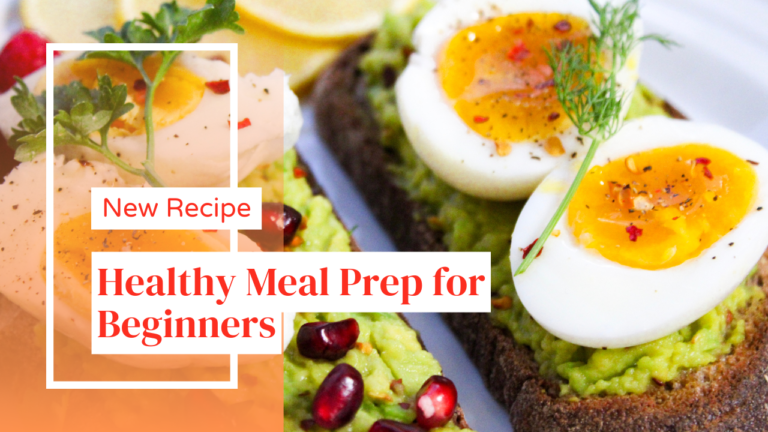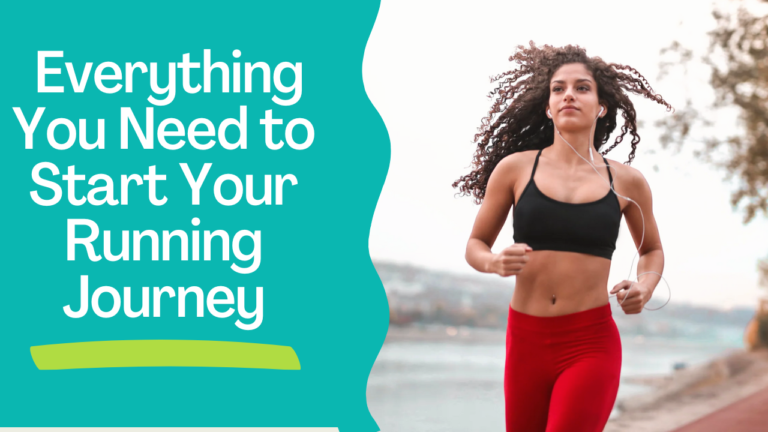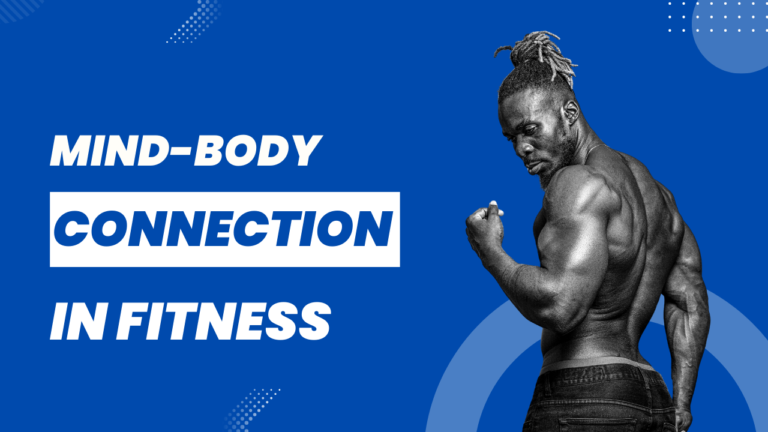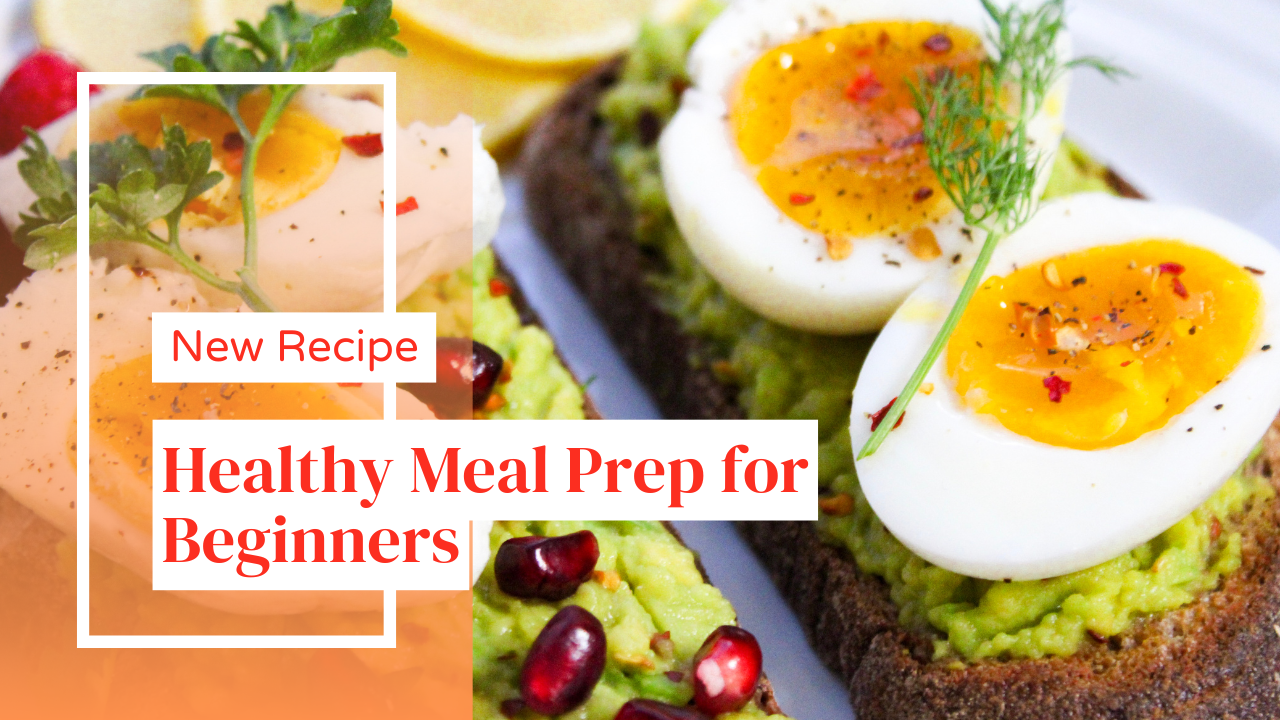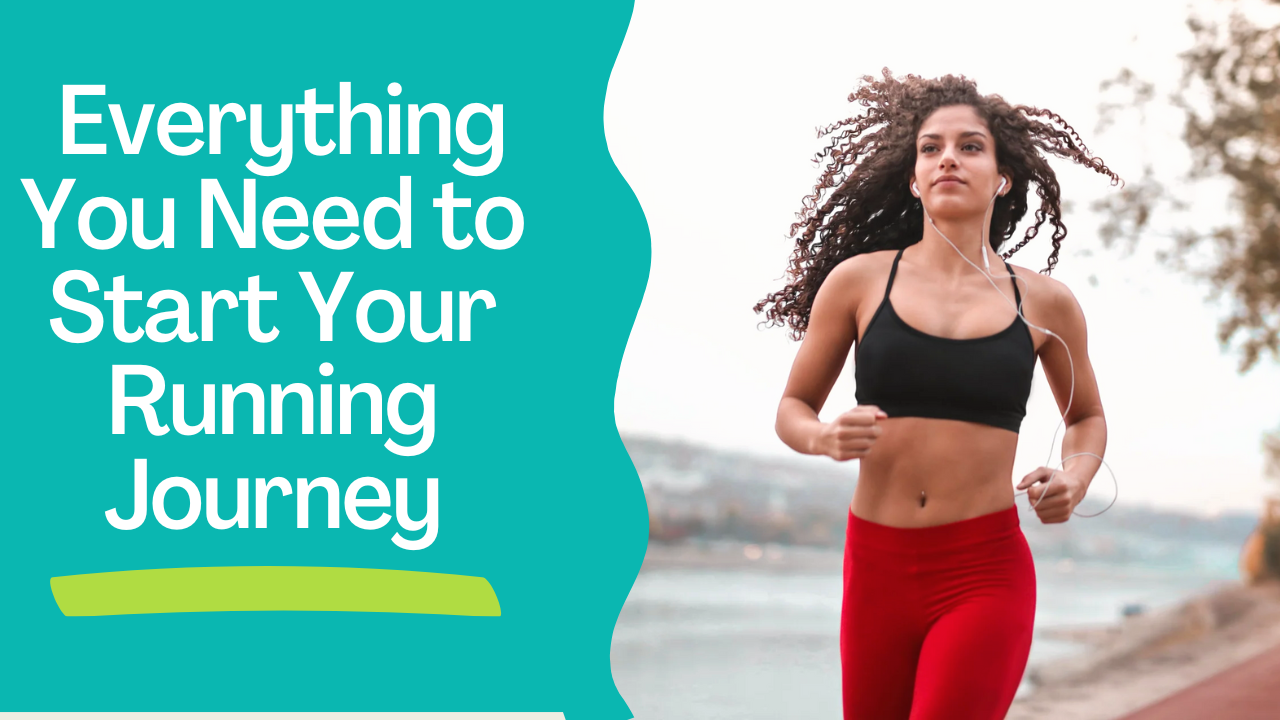
Are you ready to lace up your shoes and hit the pavement? Whether you’re a beginner or looking to refine your running routine, having the right gear and preparation can make a world of difference in your running journey. This essential running checklist covers everything you need to get started and ensure your runs are enjoyable and injury-free.
1. Proper Running Shoes
The first item on your running checklist should be a pair of high-quality running shoes. A well-fitted pair of shoes will not only provide comfort but also prevent injuries such as blisters, shin splints, and joint pain. When selecting running shoes, consider factors such as:
- Foot arch: Are your feet flat, neutral, or high-arched? Choose shoes that support your specific foot type.
- Cushioning: Some runners prefer extra cushioning, while others go for a lighter, more minimal feel. Test out different styles to find what works best for you.
- Fit: Your running shoes should fit snugly but not tight. Always try shoes on in the late afternoon or evening, when your feet are at their largest.
2. Breathable Running Clothes
Wearing the right clothes is just as important as having the right shoes. Opt for moisture-wicking fabrics that draw sweat away from your skin and help regulate your body temperature. Key clothing items to consider:
- Running shorts or tights: Choose comfortable, breathable options that allow for freedom of movement.
- Performance shirts: Look for shirts made of polyester, nylon, or merino wool to keep sweat at bay.
- Running socks: Invest in socks designed for runners to minimize friction and prevent blisters.
3. Water Bottle or Hydration Pack
Staying hydrated is crucial, especially if you’re running long distances or in hot weather. A handheld water bottle, hydration belt, or hydration pack can help ensure you have water on hand during your runs.
- Hydration belts are great for carrying small water bottles and gels for longer runs.
- Hydration packs can hold more liquid, perfect for trail running or endurance events.
- Handheld water bottles are ideal for shorter runs or when you don’t want to carry extra gear.
4. Running Watch or Fitness Tracker
A good running watch can track your distance, pace, heart rate, and even provide GPS data to help you track your progress. Many models also sync with fitness apps, allowing you to analyze your performance and set new goals.
- GPS watches are perfect for those who prefer to run outdoors and want precise distance and pace tracking.
- Fitness trackers are great for overall fitness monitoring and may include additional features like sleep tracking and step counting.
5. Sunscreen and Hat
Protecting your skin from harmful UV rays is crucial for your long-term health. Always apply sunscreen before heading out for a run, and wear a hat or visor to shield your face from the sun. Look for broad-spectrum sunscreen with SPF 30 or higher and choose sweat-resistant formulas for maximum protection.
- Sunscreen for athletes: Make sure the sunscreen you choose is designed for sports, as it will resist sweat and stay effective longer.
- Running hat or visor: A hat with ventilation holes can keep your head cool while protecting your face from the sun.
6. Headphones or Music
For many runners, music is a great motivator to keep the energy high. While it’s important to stay aware of your surroundings, having a good pair of wireless headphones can make your runs more enjoyable. Opt for sweat-resistant headphones that won’t slip out during your workout.
- Wireless earbuds: These are ideal for a tangle-free, comfortable running experience.
- Bone conduction headphones: If you prefer to hear your surroundings while running, bone conduction headphones allow you to listen to music while keeping your ears open to ambient sounds.
7. Running Belt or Armband for Phone
Whether you want to track your run or stay connected, having your phone with you can be important. A running belt or armband can hold your phone securely without bouncing or shifting as you run. Some belts also have pockets for other small items like keys or energy gels.
- Running armband: A convenient option for those who want quick access to their phone during their run.
- Running belt: A great choice if you need to carry more items, such as gels, keys, or cards.
8. Energy Gels or Snacks
If you’re running long distances, it’s important to fuel your body. Energy gels, chews, or snacks can provide the carbohydrates and electrolytes you need to keep your energy levels up. Choose products that are easy to carry and digest on the go.
- Energy gels provide a quick source of carbs for endurance runners.
- Electrolyte chews help replenish lost salts during hot or long runs.
- Whole food snacks like bananas or granola bars can be a great natural option.
9. Stretching and Recovery Tools
To prevent injuries and improve flexibility, make sure to include stretching and recovery tools in your running routine. After each run, perform dynamic stretches to loosen up your muscles and help reduce soreness.
- Foam rollers help release tight muscles and improve blood flow after your runs.
- Stretching bands can be used to perform targeted stretches for the legs and hips.
- Massage tools such as handheld massagers can be effective for relieving muscle tension.
10. A Running Plan
Before you start running, it’s important to have a plan in place to track your progress and avoid overtraining. A running plan will help you build endurance, avoid injuries, and stay motivated. Consider the following:
- Start slow: If you’re a beginner, start with a combination of walking and running before gradually increasing your mileage.
- Rest days: Incorporate rest days into your routine to give your muscles time to recover.
- Set goals: Whether it’s running a 5K, improving your pace, or running longer distances, having a goal will keep you focused and motivated.
11. Motivation and Mindset
Finally, one of the most important things you need to start your running journey is the right mindset. Running can be tough, especially in the beginning, but staying motivated will help you push through challenges.
- Set realistic goals: Start with small, achievable targets and work your way up.
- Celebrate milestones: Reward yourself after completing each milestone, whether it’s running your first mile or achieving a new personal best.
- Stay positive: Focus on the progress you’re making rather than perfection.
Conclusion
Starting your running journey doesn’t have to be complicated. With the right gear, a solid plan, and the right mindset, you can enjoy running and reap the many health benefits it offers. Use this essential running checklist to ensure you’re prepared for your runs, stay motivated, and reach your running goals. Happy running!
